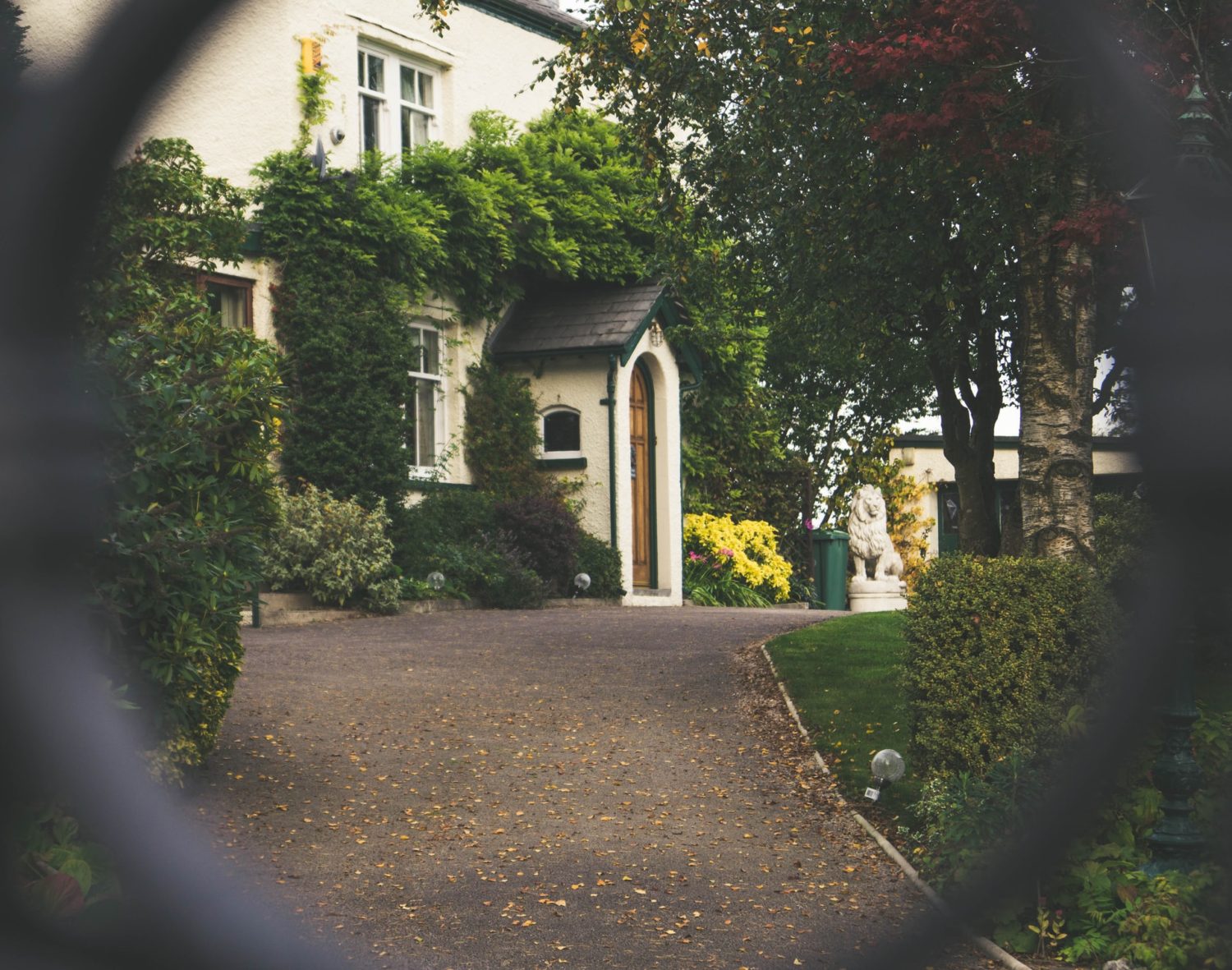
You may be stuck in the never-ending circle of renting or maybe you’re still living with your parents and you think now is the time to move out, either way, you’ve decided it’s time to own your first home. The start of a new chapter in your life is an exciting time: you’re free to make changes, you won’t be affected by the next landlord’s behavior, and you’ll have a place for everything.
But getting on the homeownership ladder is a challenge in itself.
There’s all the money you need to pay towards a deposit and maintenance costs, as well as other little things that can creep up if you’re not aware – so here’s what to do before you start looking.
Saving for the deposit
The deposit, or down payment. This is without a doubt the hardest part about buying your own home. Most lenders require a 10-20% deposit before they will even consider giving you a mortgage. And the amount you’re expected to pay for a home depends on where you live and which type of property you’re looking to buy. For example, if you’re living in a busy city such as Manhattan or London, you’ll need around close to £80,000/$110,000 to get started.
There are lots of things you can do to help save the initial deposit such as cutting down your monthly expenditures and accept that you’ll need to live a minimalist lifestyle for several years. Sacrificing a few years of spending can be one of the best ways to get yourself on the property ladder. So ask yourself, do you really need that Amazon Prime subscription, and could you cope with a slower broadband speed for the sake of saving money each month?
These kinds of decisions should be based on your personal situation and what you can live without. Comparing your broadband provider is a great way of seeing what money you could potentially save whilst maintaining a quality service. There are also apps such as Subby, that allow you to see what subscriptions you have active and how much they cost.
Saving money can be easier than people think. It’s important to create a budget to see exactly where your money is going and where you can save the extra pennies. That way, you can focus on where to make sacrifices. It may be hard at first, but once you’ve started making them, you will see the difference in a matter of months. And before you know it, you’ll have made your initial deposit and be ready to start looking at properties for sale.
Where to move
When looking around for properties for sale, it’s important to find out as much information as possible about the area you’re thinking of living in. The area where you’re living can drastically affect your insurance premiums on house insurance, car insurance and contents cover. Make sure you do your research before you start looking at properties.
In the meantime, you’ll need to think about what kind of home you want to live in. If it’s going to be a family home, you need to ensure there’s enough space for everybody as well as a proper room for the kids to play in during the day. A great tip is to use Google street view and draw out a floor plan of your living room and kitchen so you can make sure everything is where it should be when moving in.
The mortgage rate
When you’re taking out a mortgage it’s important to consider a few things such as interest rate. Although they cost money, we recommend using a mortgage advisor to see which mortgage best suits your financial situation. There is a big difference between saving yourself money and losing money, i.e. paying more than you have to for a mortgage.
Mortgage interest rates can vary depending on the current interest rate. This means that should the interest rates increase, you will be expected to make higher monthly payments on your loan.
Ensuring your monthly repayment is slightly lower than the maximum you can afford is crucial to account for the changes in interest rate. Repaying your mortgage earlier is also an option in case things go the other way. you might get that dream job you always wanted or a new promotion. If you can afford to pay off the mortgage early you should take advantage of your good fortune. However, make sure to keep an eye out for any early repayment fees, this is definitely something to ask a mortgage advisor.
Repair and maintenance costs
Repair and maintenance costs are something people often forget about when buying a new home. There are costs behind every property that can be as simple as repairing a loose tap, or as expensive as replacing the roof. You need to ensure you have the money set aside to carry out these essential repairs.
If you’ve bought a brand new home, then the chances are, you’ll have a good few years before anything goes wrong. Unfortunately, that’s not a guarantee and you should always have a rainy day fund in case.
Ground rent or service charges can also be something to consider if you’re buying a property on a maintained estate that uses gardeners etc. The fees aren’t usually that extreme so it is quite unlikely to catch you out, but always keep an eye out for future monthly fees as they can add up. Costs and repairs to a property can vary by region so it’s best to make sure you’re aware of your local postcode before diving straight ahead. As an example, in London, you can expect to pay around £100/$150 per month in ground rent but an average of £231/$330 per month for a service charge.
Sometimes the smallest things are the most costly too. You need to think carefully when buying a property of a higher value and ensure there are no hidden surprises.
Try and enjoy it!
We’re aware we’ve just told you about all the scary parts of buying a new home, however, it’s a new chapter of your life and when you settle in, you won’t regret the sacrifices you’ve made. You can make your house a home and will be a future investment for you and your family.


